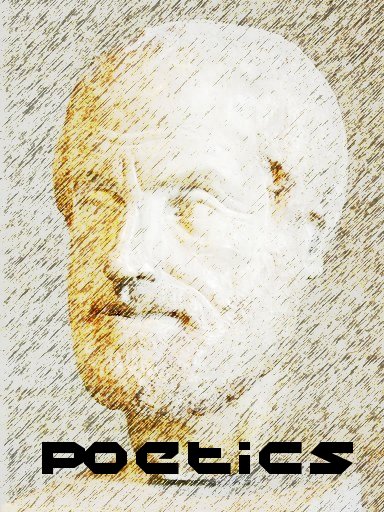This directory has no students or instructors pages yet (like in other textbooks in order to make them "user-friendly"), maybe I could use this (notes) and FAQ pages?
Featured Pages, New
The real challenge is Beckett & After: the Postmodern, the Death of Modernity
The 20s must be seen as a crisis of the high modernity with the "avantguarde" various movements -- futurism, dada, expressionism, formalism.
Could I use Film&Drama Class for THR215 Dramatic Literature? With films/video -- but without touching film aesthetics.
Very radical (and dangerous) move: I keep woring on "themes" and now in film600 directory -- study via "emotional theory"...
See SHOWS directory for more plays!
I began to place WRITE banners in this directory, because the only other place to go for more on philosophy is my nonfiction pages.

SHOWS: 12th Night
I place a lot of new flash banners, but I don't know, if and how they work, connecting to my own pages. FILM, for example. But how to direct them to the right pages? Should I use PLAYS directory to support this SCRIPT pages?
Link with SHOWS pages for the dramatic analysis samples!
Formalism & Structuralism (some) + Bakhtin.
[ This new "menu" (above) is to serve as another "redirector" (narrative) to collect the recommended to the topic webpages. ]
Summary
"To separate this primitive and all-powerful Dionysian element from tragedy, and to construct a new and purified form on the basis of an un-Dionysian art, morality, and conception of the world -- this is the tendency of Euripides as it is now clearly revealed to us." The Birth of Tragedy[ drama? ]
Questions
How to Cite script.vtheatre.net:Remember to indent a citation if it occupies more than one line.
If you are citing a particular page, adjust the URL in your citation accordingly.
Please, include references to @Theatre w/Anatoly in your endnotes.
* Cherry Orchard Notes *
Dramlit for Actors = emphasis on character(s). Sampling monologues. Line-by-line analysis, dramaturg's POV -- what is not fully covered in acting classes?
Actor & Script
First, they must know the body of classic works.
Second, how to READ a play.
HOW to make it (reading) "personal" = interpretation is required.
"Continuety" of themes and ideas from the Greeks to the present.
THR413 = Director & Script:
Prerequisit for THR331 Stage Directions (connect the pages)
#3 Idea (Aristotle)
#2 Hero (How to work with Actors)
#1 Action ( )
"Writing" (new) last segment = pages (list)
Many pages are for cyber-use only (not in class-reading) 2006:
Bakhtin, Genre Formation Bart KEUNEN for Drama Genre Page: Genre in Stagematix *
 He who cannot be a good follower cannot be a good leader. -- Aristotle
He who cannot be a good follower cannot be a good leader. -- Aristotle
... somewhere, long ago, I lost direction with my webpages. { vtheatre.blogspot.com }
"Notes" in directories/sub-directories 215, 413 and "documents"!



